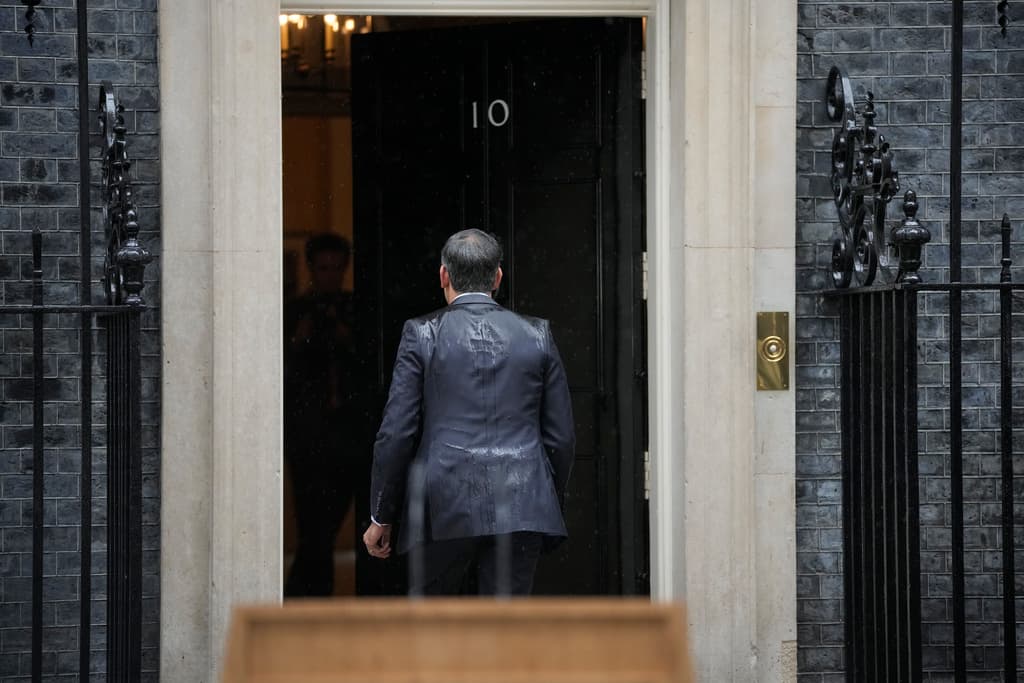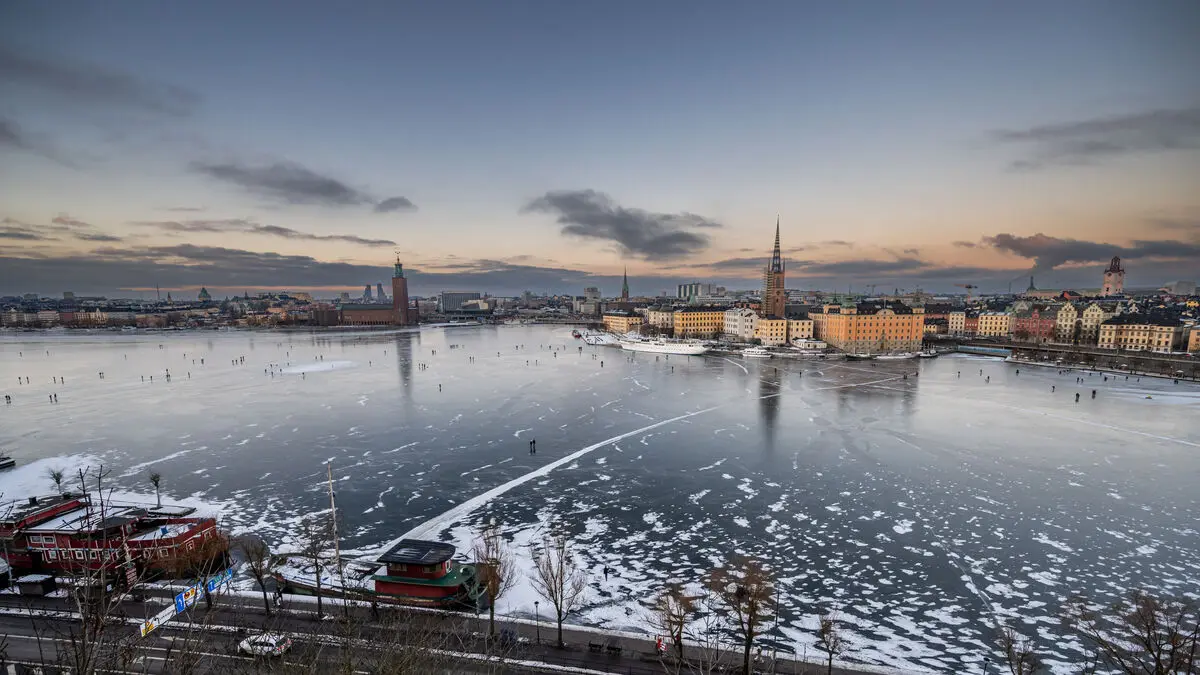Brexit agreement, party atmosphere, and tax cuts.
But also pandemic, partygate, and record-high taxes.
So the Tory Party went from top to bottom in just 1,660 days.
December 2019. The Conservatives win the British election with a margin not seen since Margaret Thatcher's days. After nine years in power and a Brexit referendum, the people have given the party new confidence.
A historic election, which gives us all the opportunities to respect the British people's democratic will and make our country better, said Prime Minister Boris Johnson.
Less than five years later, the Tories' seats in the House of Commons seem to have more than halved, and the party is struggling to find a way out of the darkness.
How did it go so wrong for the Conservatives?
It started so well, with a clear yes in the House of Commons to Johnson's Brexit agreement days before Christmas 2019, and the lowering of EU flags around the country on January 31, 2020.
But then the first reports of something entirely different began to emerge, about a virus we came to call covid-19. Six months later, criticism of Johnson's inadequate crisis management began to spread.
That was just the beginning.
Five promises became four betrayals
When the country was largely forced into brutal lockdown, the alcohol flowed at parties in Downing Street, and soon "partygate" became the word that captured the Johnson era – and helped to bring down the Prime Minister himself.
On September 6, 2022, Liz Truss took office, during a raging energy crisis, which she transformed into an even greater crisis with promises of enormous tax cuts, and the pound sank to record-low levels.
A U-turn didn't help, and on October 20, 44 days of turmoil were over – a record-short period that could have been even shorter if it hadn't also been marked by the death of Queen Elizabeth two days after Truss's entry into Downing Street.
Johnson hoped for a comeback, but Rishi Sunak was elected with hopes of stability.
But his five promises to the people were hampered by the war in Ukraine. It didn't become a stabilized economy or reduced national debt. Instead, income tax was raised to the highest levels in half a century.
Heavy rain and pop hits
The waiting times in healthcare have not been reduced, and the number of migrants crossing the English Channel has not decreased. The fact that the inflation rate has decreased can be seen as a small consolation when the wallet has shrunk.
The fact that Labour replaced the unpopular Jeremy Corbyn with Keir Starmer as the opposition's voice didn't help the government either.
When the Prime Minister announced new elections on May 22, it was therefore not many who missed the symbolism when the rain poured down.
At least not those who heard the music from the street next door, where demonstrators played the D:reams pop hit from the 1990s:
"Things can only get better".






